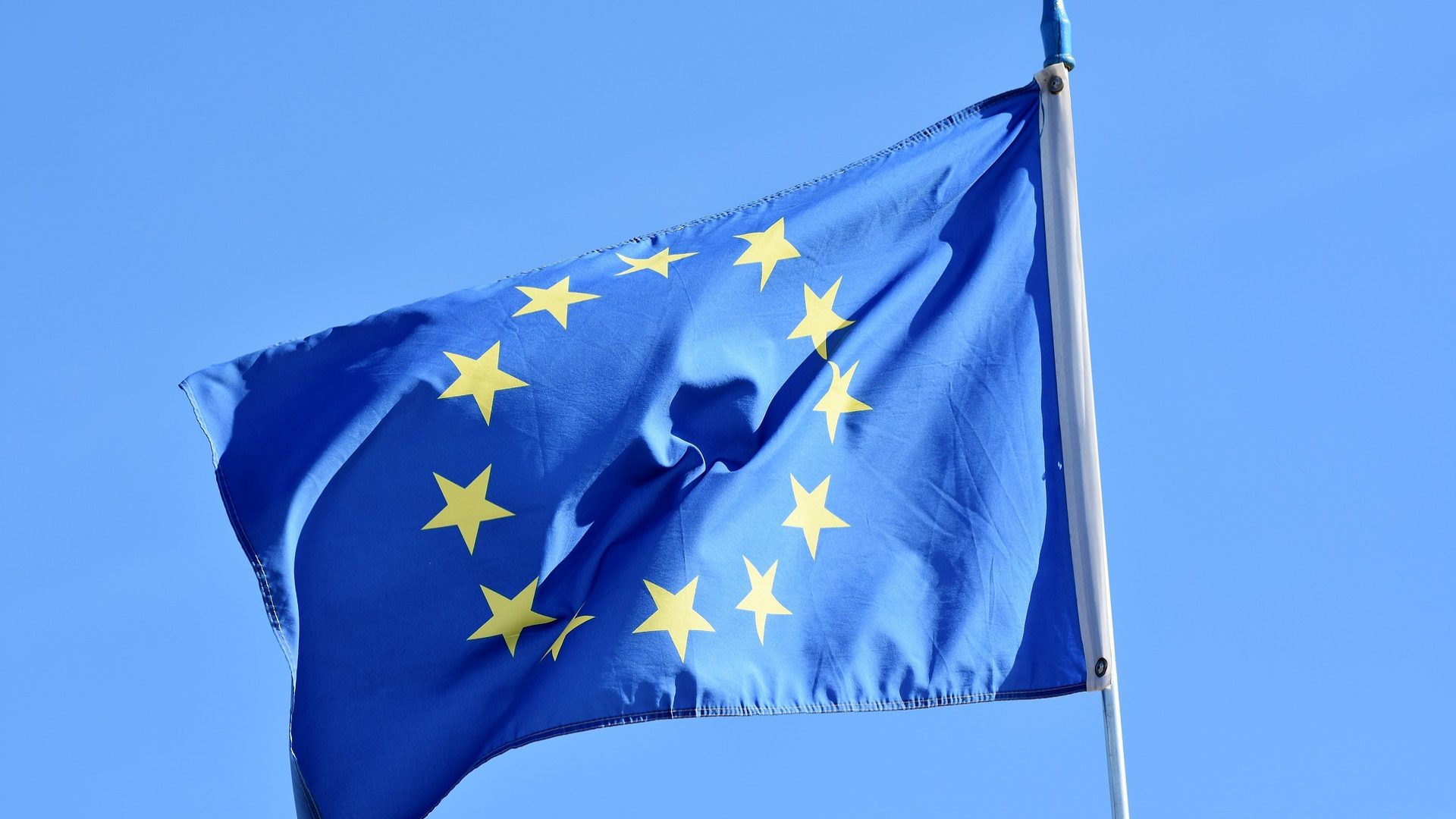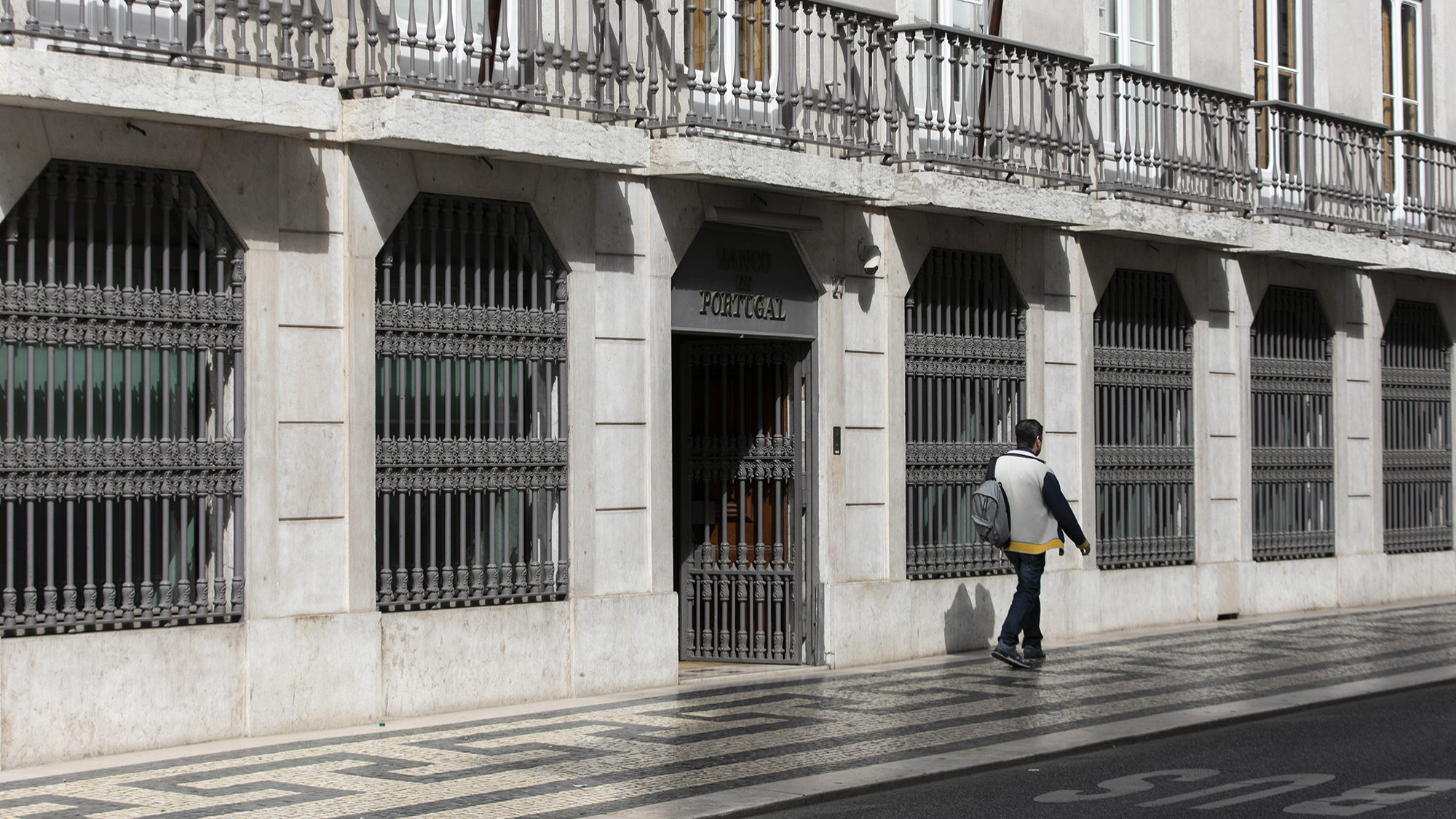Portugal wants cross-border lithium plan with Spain for batteries
Portugal is considering to create a cross-border project with Spain to exploit lithium to boost the construction and recycling of electric car batterie.
Portugal’s Recovery and Resilience Plan (RRP) considers a cross-border project with Spain to exploit lithium to boost the construction and recycling of electric car batteries in its post-crisis EU funds for Covid-19.
“In response to European strategies for raw materials and batteries, Portugal intends to develop an industrial and innovation chain of processes and products with Spain, allowing the proper use […] of lithium in the two countries, developing a cross-border project for the construction and recycling of electric batteries for cars,” said the RRP that the Portuguese government put out on Tuesday for public consultation.
In a part of the plan dedicated to cooperation with other countries, the Portuguese government noted that “not only are the main lithium deposits close to the border, but Portugal has the ability to attract technology and companies interested in its refining.
The Iberian Institute of Nanotechnology, belonging to both countries, “is developing projects to create next-generation cells that may soon enter the testing phase,” the government explained in the document.
“The intermediate step between refining and battery production is the manufacture of lithium cells,” it added.
The aim is for businesses linked to battery construction and recycling to “set up in the border regions between Portugal and Spain, also benefiting from the strong presence of the automotive industry in both countries,” the RRP said.
The government recalls that the Recovery and Resilience Mechanism regulation provides for cross-border projects between member states.
Portugal’s Recovery and Resilience Plan lists 36 reforms and 77 investments in the social, climate and digitalisation areas, totalling 13.9 billion euros in subsidies.
After a draft presented to the European Commission last October and a process of talks with Brussels, the Portuguese government today put the preliminary and summarised version of the RRP out to public consultation, in which 2.7 billion euros in loans are foreseen. However, it has not yet been decided that Portugal will resort to this strand of the Recovery and Resilience Mechanism, the main instrument of the new European Union Recovery Fund.
Last September, the European Commission defended lithium mining in northern Portugal as part of the EU’s strategy to reduce external dependence on key raw materials and dialogue with local communities.
“Portugal is very strong in renewable energy, namely solar and wind energy, so it is necessary to store energy [through lithium], not only for the automotive sector but also for industrial batteries,” the European Commission vice-president responsible for inter-institutional relations, Maroš Šefčovič, said at the time.
Speaking to journalists after the presentation of a new action plan for key raw materials, including lithium, Šefčovič noted that moving forward with this type of exploration “is a decision that has to be taken together with local communities”.
Asked specifically about the opposition that plans for lithium mining in Portugal have received from local populations in areas with identified potential and from environmental groups, Šefčovič aid he was “aware” of such contestation, not only in the country but in other European countries too.
Brussels’ calculations indicate that Europe will need 18 times more lithium by 2030 and up to 60 times more by 2050 for electric car batteries and energy storage.


